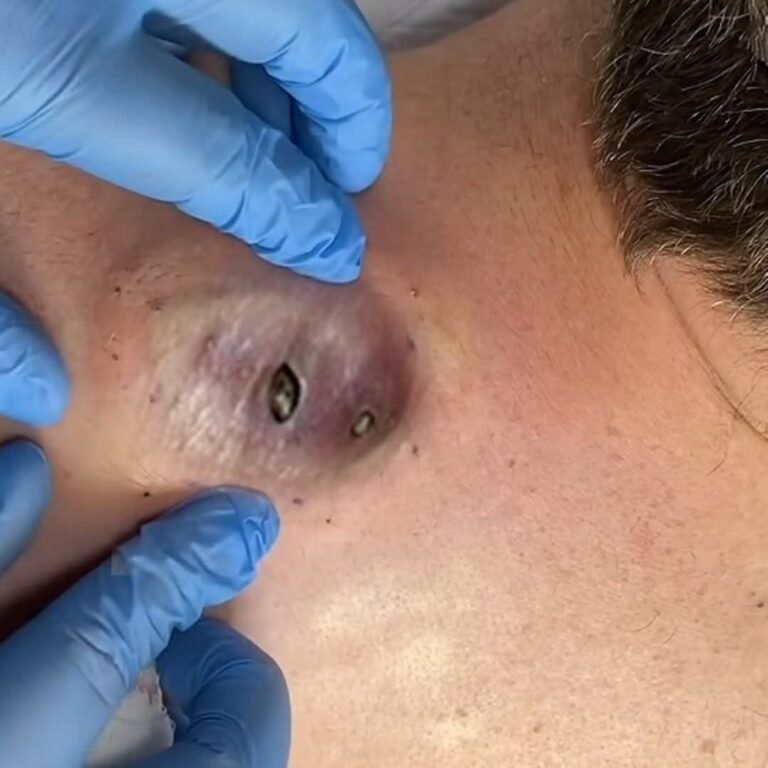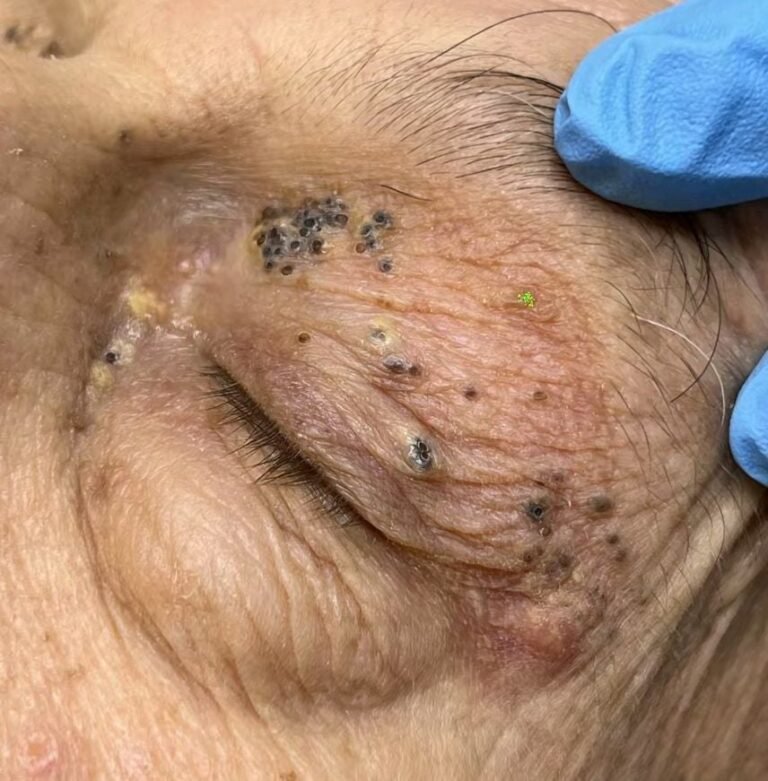
Salicylic acid is a common ingredient in many skincare products, particularly those targeted at acne-prone skin. This beta hydroxy acid is known for its ability to penetrate the pores and dissolve excess oil, preventing blackhead formation.
Salicylic acid can be found in cleansers, toners, serums, and spot treatments. It is best used as part of a regular skincare routine to prevent blackheads from forming. However, it is important to start with a low concentration of salicylic acid and gradually increase as tolerated, as it can be drying or irritating to some individuals.
For more stubborn blackheads that do not respond to at-home treatments, there are several professional treatments that can be considered. These treatments are typically performed by dermatologists or estheticians and can provide more effective and long-lasting results.
Professional extractions involve the use of specialized tools to remove blackheads and other impurities from the skin. This treatment is performed in a controlled environment and can be more effective than at-home extractions.
Chemical peels are another option for treating stubborn blackheads. These peels use a combination of acids to exfoliate the skin and unclog pores, resulting in a smoother, clearer complexion.
Microdermabrasion is a non-invasive treatment that uses a device to exfoliate the outer layer of the skin, removing dead skin cells and unclogging pores. This treatment can be effective in reducing the appearance of blackheads and improving overall skin texture.

While skincare plays a significant role in preventing and treating blackheads, other factors such as diet and lifestyle can also contribute to their formation. A diet high in processed foods, sugar, and dairy products can increase inflammation in the body and lead to increased oil production, which can contribute to blackhead formation.
Stress is another factor that can worsen blackheads. When we are stressed, our bodies produce more cortisol, a hormone that can increase oil production and lead to clogged pores.
Hormonal changes, particularly during puberty or menstruation, can also contribute to blackhead formation. During these times, hormone levels fluctuate, leading to increased oil production and clogged pores.
To minimize the impact of these factors on blackhead formation, it is important to maintain a healthy diet, manage stress levels, and practice good skincare habits consistently.



